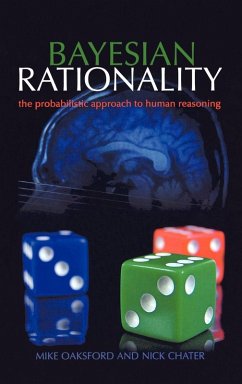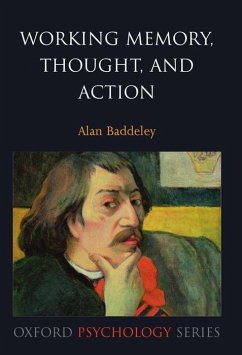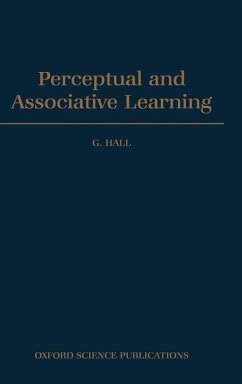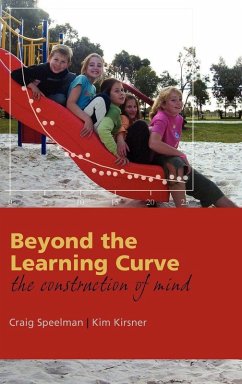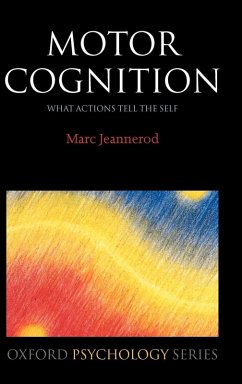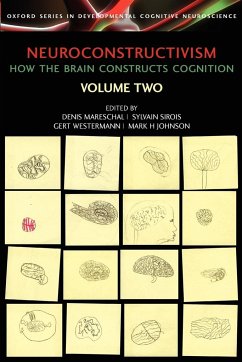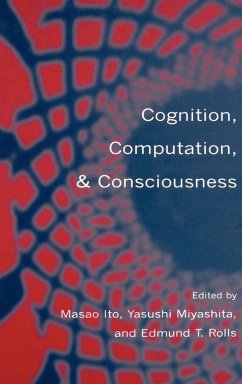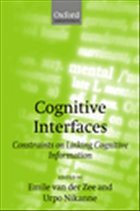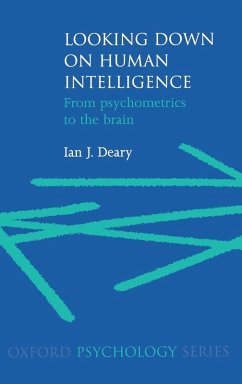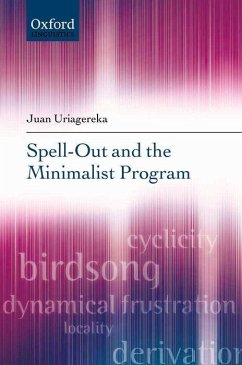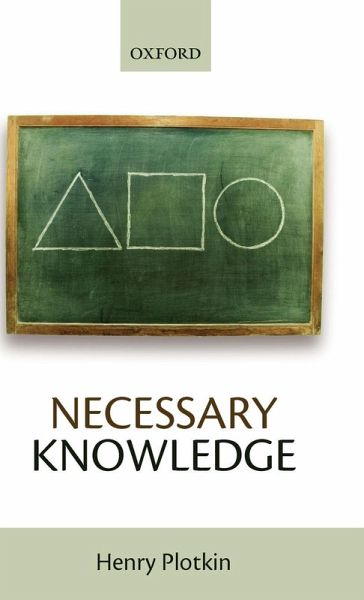
Necessary Knowledge
Versandkostenfrei!
Versandfertig in 1-2 Wochen
63,99 €
inkl. MwSt.

PAYBACK Punkte
32 °P sammeln!
'Necessary Knowledge' takes on one of the big questions at the heart of the cognitive sciences - what knowledge do we possess at birth, and what do we learn along the way? It is now widely accepted that evolution, individual development, and individual learning can no longer be studied in isolation from each-other - they are inextricably linked. Therefore any successful theory must integrate these elements, and somehow relate them to human culture. Clearly we learn from the world around us, but that learning is skewed towards specific things about the world. We do not just attend to and learn ...
'Necessary Knowledge' takes on one of the big questions at the heart of the cognitive sciences - what knowledge do we possess at birth, and what do we learn along the way? It is now widely accepted that evolution, individual development, and individual learning can no longer be studied in isolation from each-other - they are inextricably linked. Therefore any successful theory must integrate these elements, and somehow relate them to human culture. Clearly we learn from the world around us, but that learning is skewed towards specific things about the world. We do not just attend to and learn about every stimulus that confronts us - if we did, learning would be impossibly time-consuming and ineffective. Learning is constrained - we are primed to learn about certain aspects of the world and ignore others. So what are these constraints, and where do they come from? The theory expounded in this book is that we enter the world with small amounts of innate representational knowledge. It neither sides with those who believe in 'blank slate' theories, nor with those who believe all learning is innate. In fact, what is written on our 'slates' at birth is a certain type of knowledge about specific things in the world, the general configuration of the human face for instance, a knowledge that other people possess minds and motives. 'Necessary Knowledge' presents an important new theory, in a book that makes an accessible and thought provoking contribution to one of the enduring issues about human nature.



